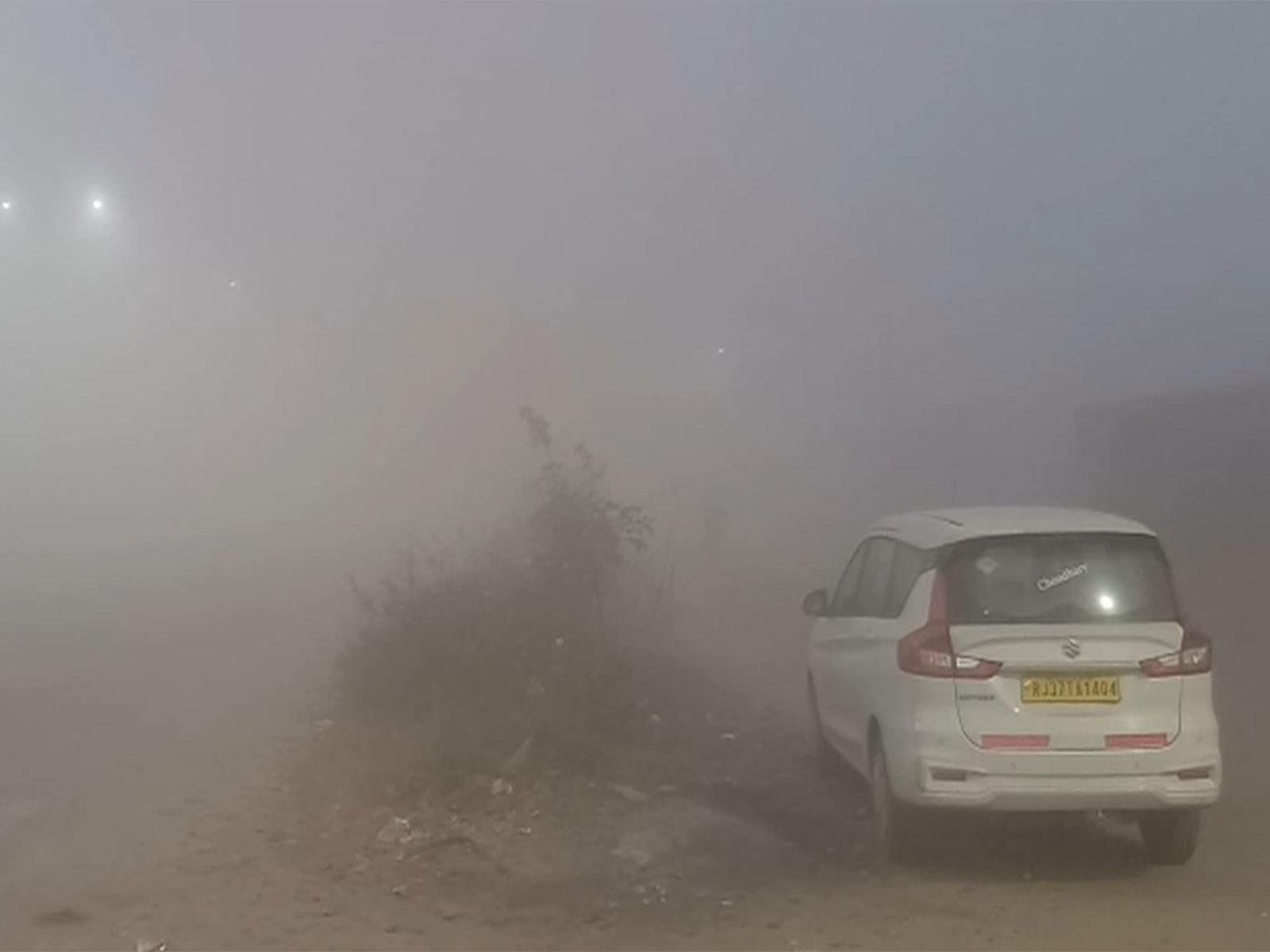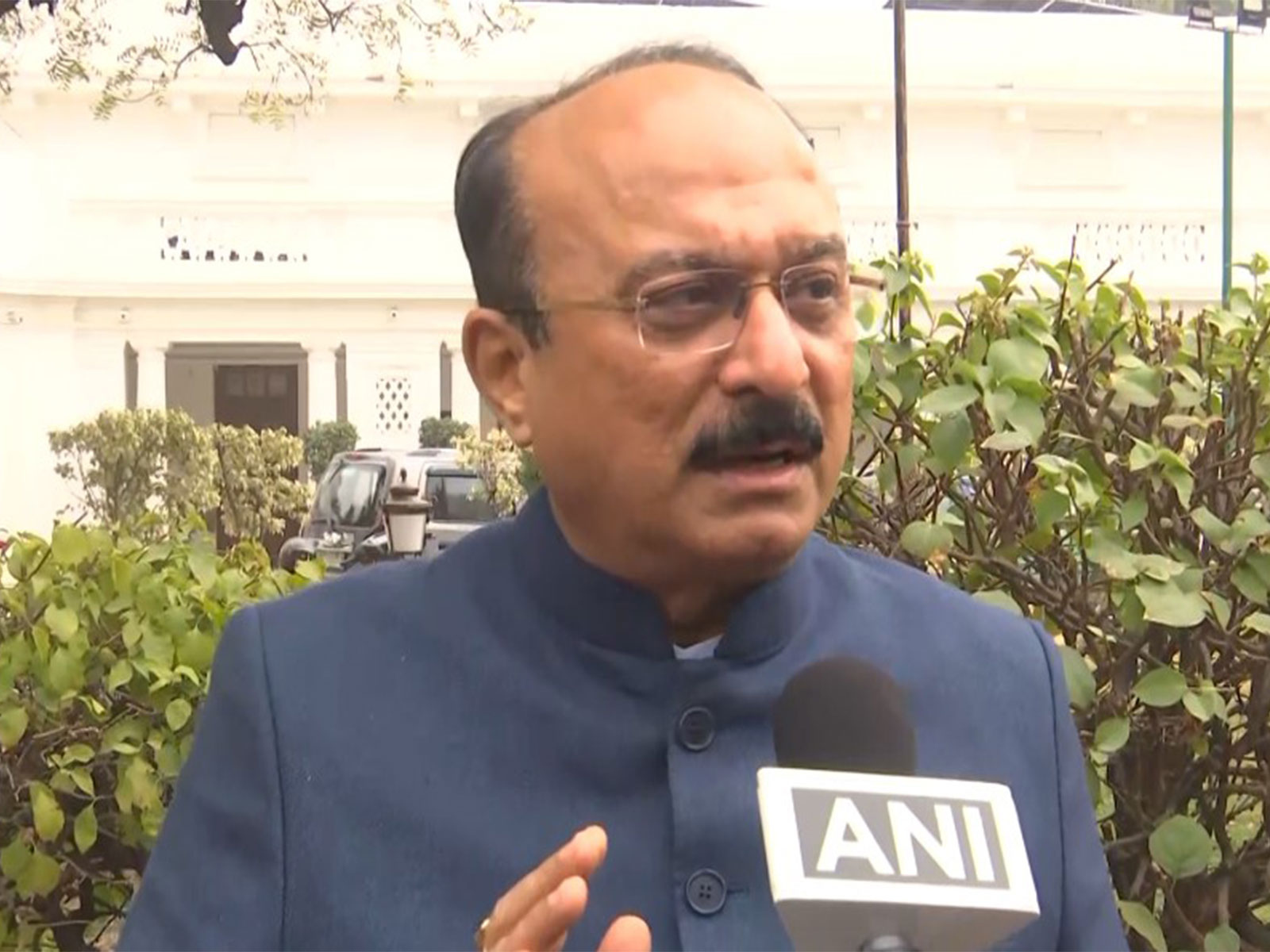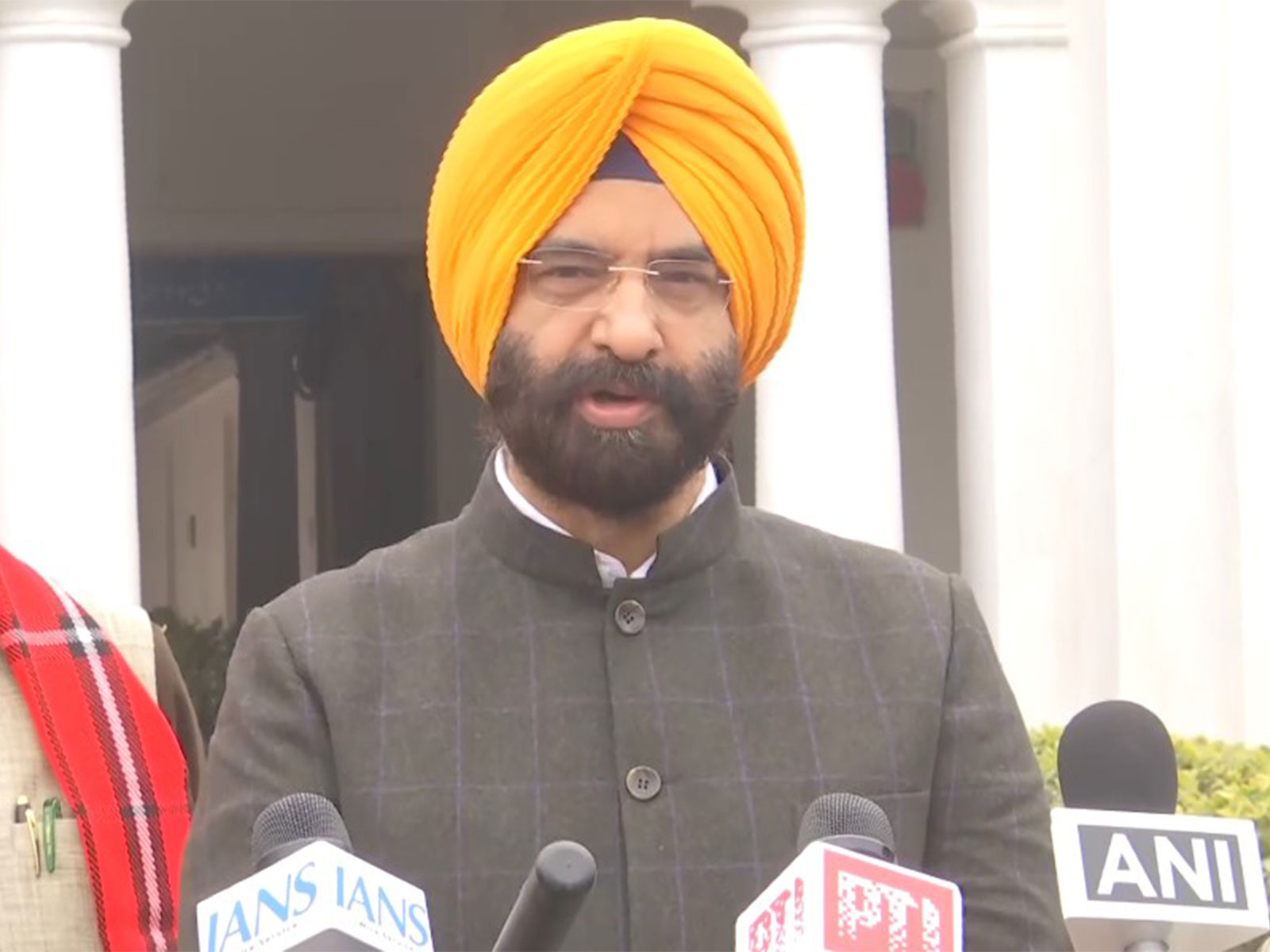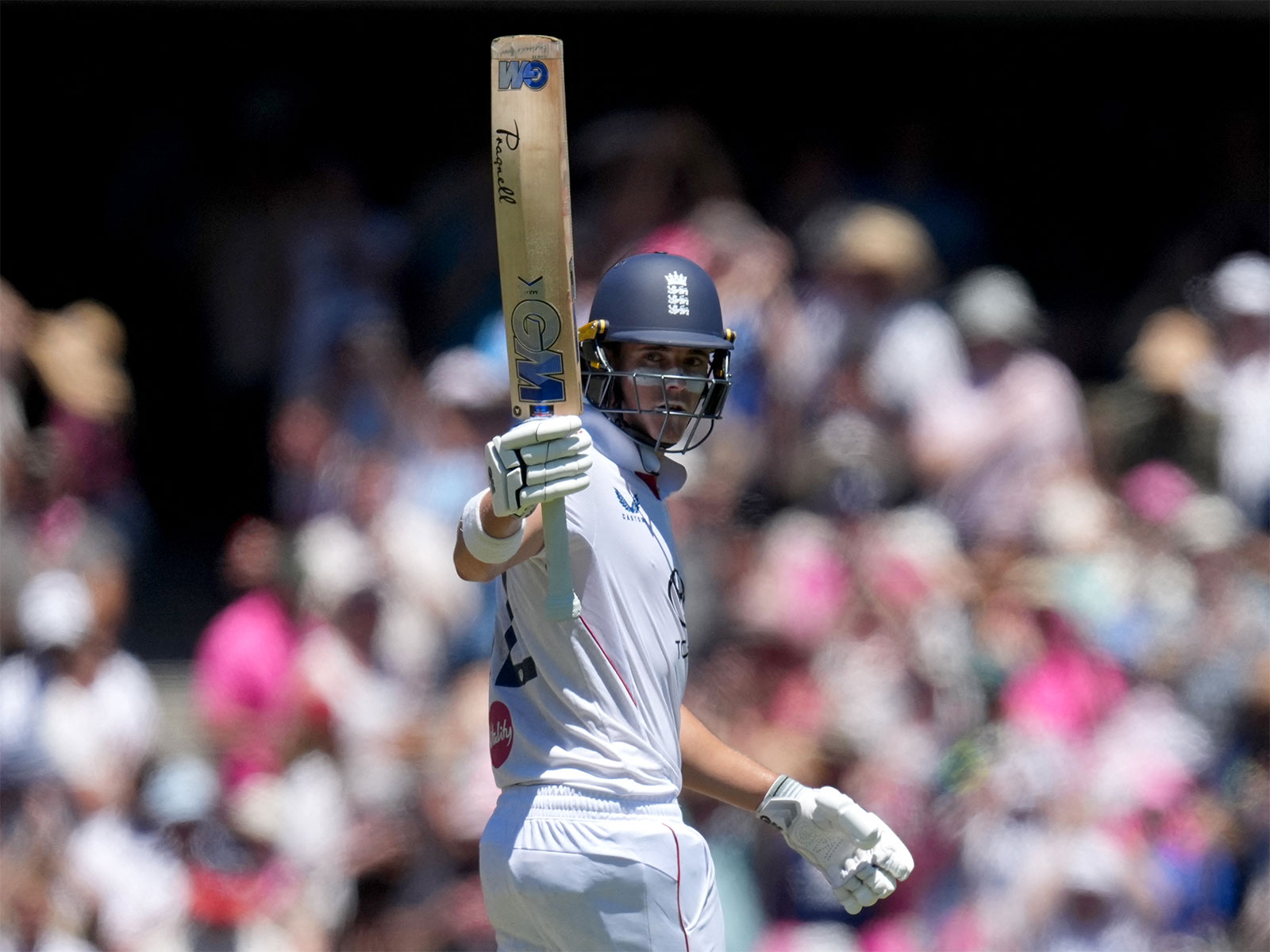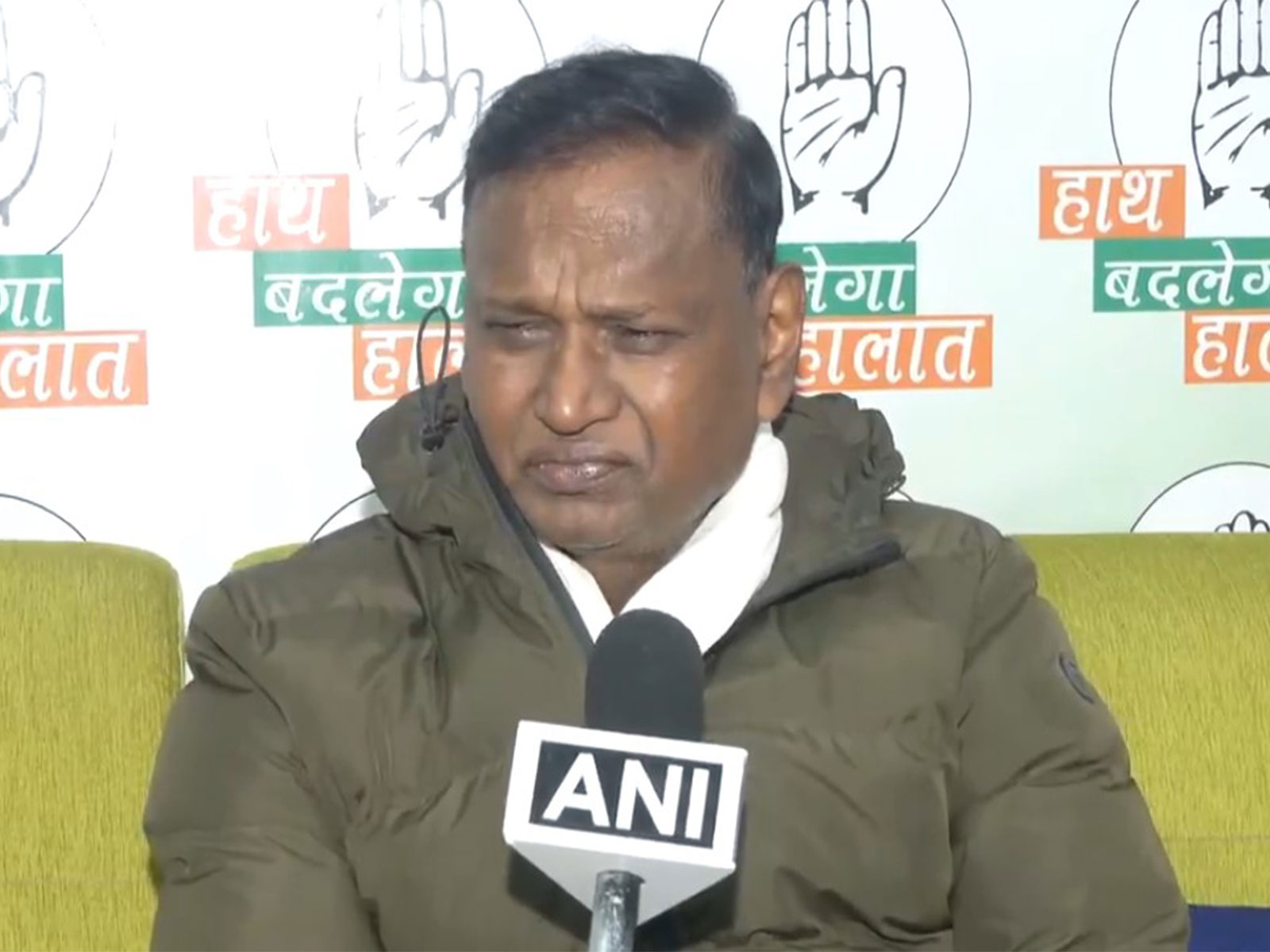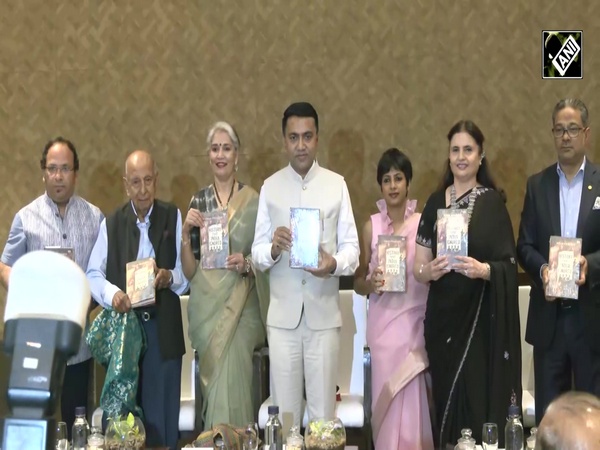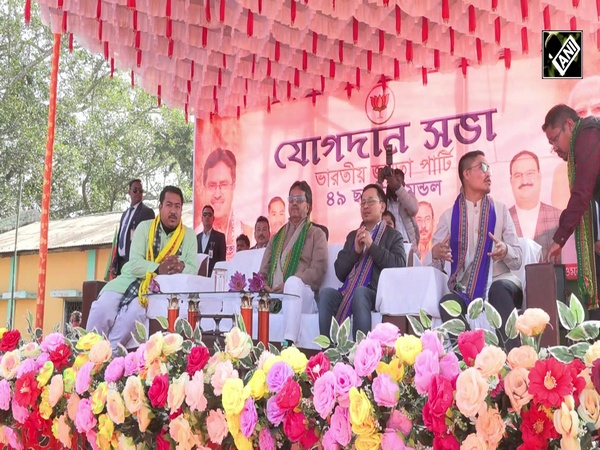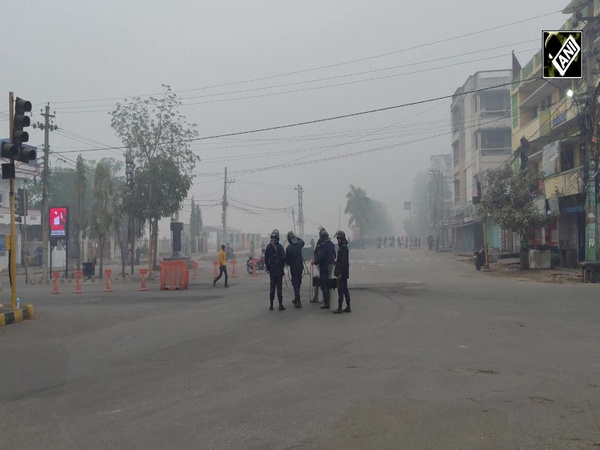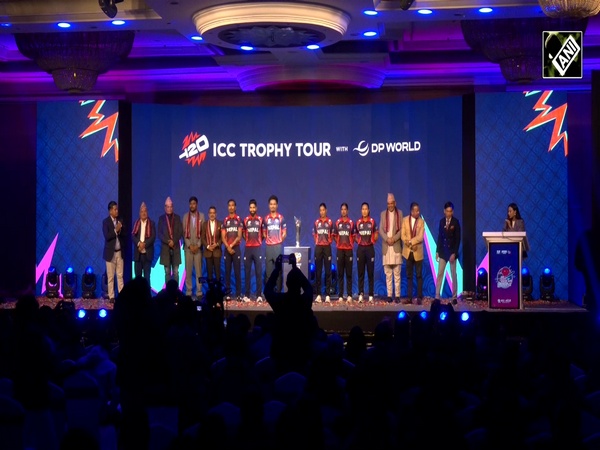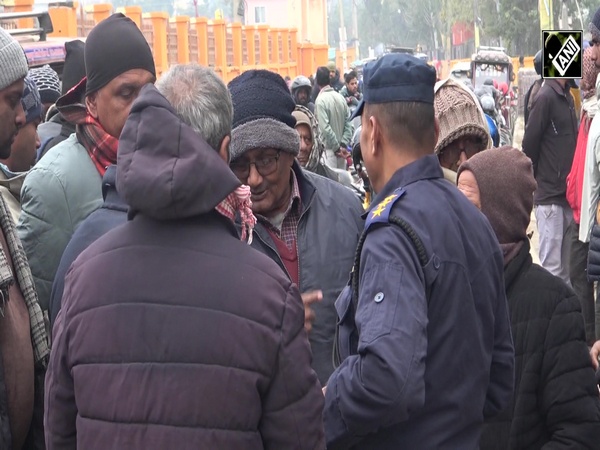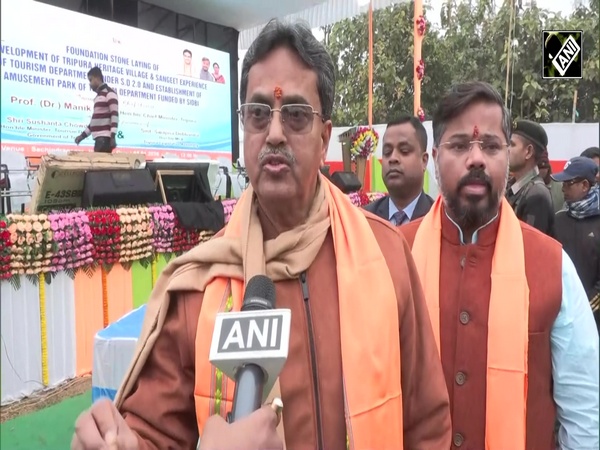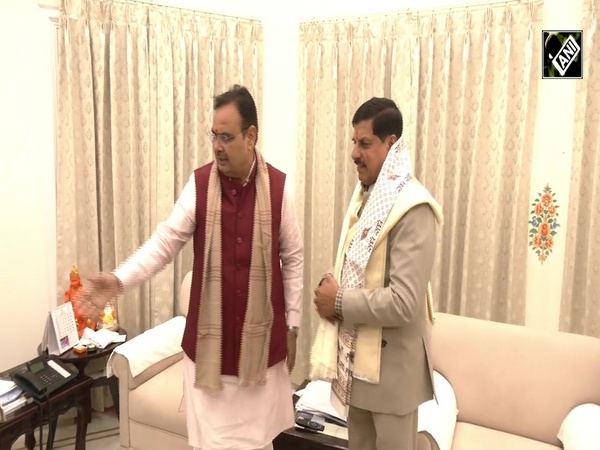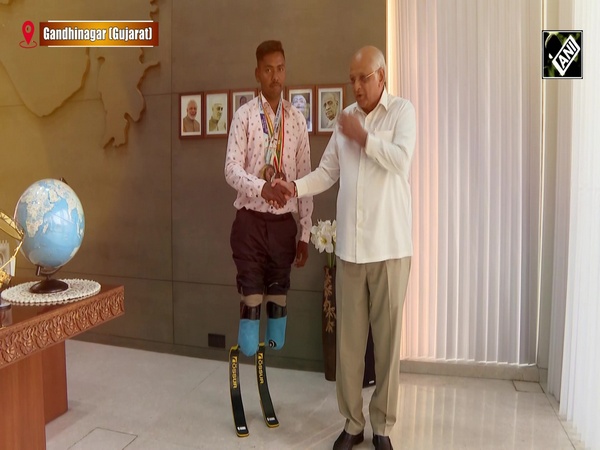SC asks Centre to prepare manual to guide police officers in conducting media briefings
Sep 13, 2023

New Delhi [India], September 13 : The Supreme Court on Wednesday directed the Central government to draft a comprehensive manual on how police officers should brief the media during a criminal investigation so that the coverage is fair and unbiased.
A bench of Chief Justice DY Chandrachud and Justices PS Narasimha and Manoj Misra asked the government to prepare a manual for police personnel to brief the media, especially in sensitive cases, while protecting the sanctity of the probe and the rights of both the accused and the victim.
It asked the Union Ministry of Home Affairs to prepare the handbook within three months, after taking inputs from State Police Chiefs and the National Human Rights Commission and posted the matter for hearing in January 2024.
Care should be taken to avoid police briefings to pave the way for media trials which pre-determine the guilt of an accused, it said.
The bench was of the opinion that updated guidelines were necessary as the existing manual was over a decade old and observed that coverage of crime had evolved since then with both the print and electronic media playing a significant role.
It noted that the matter involved several layers of public interest, including the public's right to know during an investigation, the potential impact of police disclosure on the investigation process, the rights of the accused, and the overall administration of justice.
The apex court emphasised on delicate balance between the fundamental right to free speech and expression, the rights of the accused to a fair investigation, and the privacy of victims. It said that the biased reportage would harm the reputations of both the accused and the victims and it may moreover derail the investigation.
“Biased reporting also gives rise to public suspicion that the person has committed an offence. The media reports can also violate the privacy of victims,” the bench added.
The top court said that the nature of information disclosed to the media should be tailored to the specific circumstances of each case, taking into account factors such as the age and gender of victims and accused individuals.
Senior advocate Gopal Sankaranaraynan, who was appointed as amicus curiae in the case to assist the apex court, said the manual is a decade old and there have since been sweeping changes on the ground brought about mainly by the advent of social media.
He recommended that while the media cannot be restrained from reporting, the sources of information, which are often government entities, can be regulated. "We cannot restrain the media from reporting, but the sources can be restrained because the source is the State. Even in the Aarushi case, so many versions were given to the media," a senior advocate said.
The direction of the apex court came on petitions led by the NGO People’s Union for Civil Liberties (PUCL) which had sought the framing of guidelines for reporting criminal cases and encounter killings.
